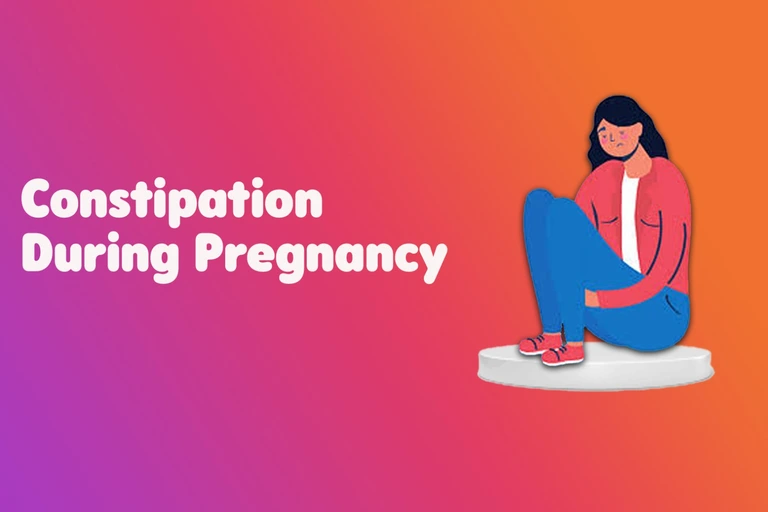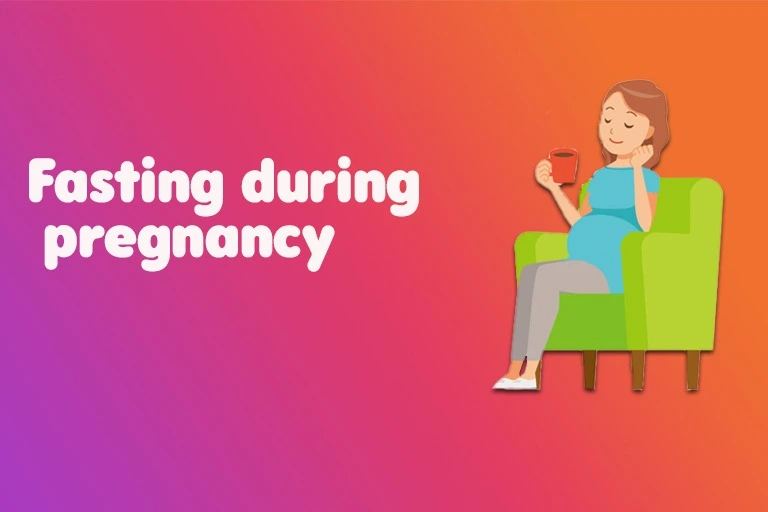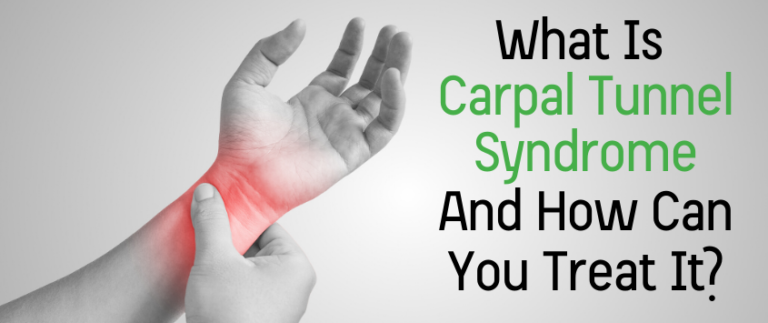Dealing with Constipation During Pregnancy
Constipation During Pregnancy is common, but understanding the safe remedies can help you find relief. Read the full article to get to know more.
While being pregnant is a fantastic experience, there are specific unpleasant side effects to be aware of, such as constipation. Constipation happens if Abdominal pain or discomfort, difficult and frequent bowel movements, and the passing of hard stool.
12 tips for avoiding constipation during Pregnancy
Pregnancy constipation is a common issue affecting bowel movements. Gentle techniques like exercise, abdominal massage, and fiber-rich foods can help manage this common issue, ensuring a smooth and efficient Pregnancy.
Ask Your Health care Provider About Medications
During Pregnancy, constipation is a common issue, often triggered by increased progesterone levels and the growing uterus pressure on the intestine. Healthcare providers can help prevent and relieve constipation by prescribing stool softeners, fiber supplements, and exercises to strengthen pelvic floor muscles.
It’s crucial to consult with a healthcare provider before using any medication or supplement, as some may not be safe for pregnancy use. Consuming more fiber in your diet, staying hydrated, and continuing to have an active lifestyle can help with managing constipation. Addressing constipation during Pregnancy is crucial to avoid complications like straining and hemorrhoids.
Daily walk and exercise
Pregnant women often experience constipation during Pregnancy, which can be alleviated through regular exercise, fiber-rich diets, and hydration. hormonal fluctuations, expanding uterus pressure, and iron supplements can cause constipation. Lifestyle changes like fiber-rich foods and water intake can also help manage the issue. Treatments like stool softeners or laxatives may be safe; if severe, consulting a midwife is recommended.
Increase your daily dose of fiber.
Increase your daily dose of fiber to help relieve constipation, especially during Pregnancy. Pregnancy constipation is common and can be uncomfortable for many women. It is safe to use types of laxatives and stool softeners during Pregnancy to alleviate symptoms.
Common causes of constipation during Pregnancy may include insufficient fiber in your diet. Constipation can vary throughout Pregnancy and may cause the muscles that control bowel movements to weaken. If you experience constipation during pregnancy consult with your healthcare practitioner about safe alternatives for relief. Common symptoms of pregnancy constipation can include abdominal discomfort and bloating.
Keep hydrated
It’s important to drink lots of liquids, especially water. during common Pregnancy to stay hydrated and avoid symptoms and causes of dehydration. Hydration is essential in the second or third month of Pregnancy, as it can help prevent adverse effects like constipation and soreness in the abdomen. Drinking enough water is considered safe during Pregnancy and can help relieve these common pregnancy symptoms.
Avoid oral laxatives
Avoid oral laxatives during Pregnancy, as they can cause constipation. It might seem counterintuitive, but relying on oral laxatives can disrupt your body’s natural bowel movements and lead to even more significant discomfort. Constipation is already common in Pregnancy due to changes in hormones and the strain of an expanding uterus so it’s essential to find alternative methods for relief.
If you are experiencing constipation during Pregnancy, it’s necessary to discuss your symptoms with a healthcare provider to determine the best course of action. There are treatments available that are safe for pregnant women and can help alleviate discomfort without causing further issues.
Keep an Eye on Your Calcium Intake
Ensuring enough calcium in your diet is crucial for maintaining strong bones and overall health. However, it is also essential to be mindful of not consuming too much, as excessive calcium intake can negatively affect your body. One of the common side effects of overconsumption of calcium is that it can cause constipation, which can be particularly uncomfortable during Pregnancy.
If you are experiencing constipation as a result of high calcium intake, it is essential to seek treatment to alleviate symptoms and prevent long-term complications. Consider speaking with a healthcare provider or dietician to ascertain the right dosage of calcium for your specific requirements to ensure you maintain a healthy diet balance.
Foods High in Magnesium
Foods high in magnesium are essential for maintaining overall health and well-being. Magnesium is necessary for various bodily functions, including muscle and nerve function, blood sugar regulation, and bone health. Some magnesium-rich foods include nuts, seeds, whole grains, and leafy green vegetables. Consuming an adequate amount of magnesium-rich foods can help prevent magnesium deficiency, leading to symptoms such as muscle cramps, fatigue, and irregular heartbeat.
However, it is essential to note that consuming too much magnesium from food sources alone is not expected to have any negative effects because the body naturally regulates the amount of magnesium absorbed from food. On the other hand, taking high doses of magnesium supplements can lead to magnesium toxicity, This may result in symptoms like stomachaches and diarrhea cramps.
Carefully take baby supplements
During Pregnancy, taking baby supplements without consulting a healthcare provider can sometimes lead to undesirable effects. In some cases, these supplements can cause constipation during Pregnancy. This can be uncomfortable and distressing for expecting mothers, as constipation is a common issue during Pregnancy. If you are experiencing constipation as a result of taking baby supplements, it is essential to seek treatment. Ignoring the issue may result in more discomfort and potentially more severe complications.
Use the toilet when you need
Use the toilet when you need to. Ignoring the urge to go to the bathroom can result in several health problems, such as UTIs. and constipation. It’s essential to listen to your body and need treatment right away if you are experiencing any discomfort while using the bathroom.
Holding in your urine or bowel movements for too long can put unnecessary strain on your bladder and intestines, leading to potential long-term damage. Remember, using the toilet when you need treatment is completely normal, so don’t be embarrassed to take care of your bodily functions promptly.
Manage stress
Stress during Pregnancy is crucial for pregnancy health, including digestive health. Excessive stress can lead to constipation and other gastrointestinal issues. Relaxation methods, self-care activities, and open communication with healthcare practitioners can help manage stress and promote a healthy digestive system.
Try herbal remedies
A healthcare provider can offer a gentle approach to treating constipation by incorporating herbal remedies. These remedies, such as herbal teas, can stimulate digestion and alleviate symptoms. However, caution is advised due to potential contraindications or side effects. Personalized guidance is crucial for ensuring safety and well-being.
Warm Water Bath
When expecting, taking a warm water bath can alleviate constipation by relaxing abdominal muscles and promoting bowel movements. Make sure the water is at a suitable temperature, then add Epsom salts or essential oils for additional relief. Consult a healthcare provider before using warm water baths, especially if you have underlying medical conditions.
Wrap up
One common problem that can be uncomfortable and inconvenient during Pregnancy is constipation. You can safely handle constipation during these unique preventive measures, like changing your diet, drinking enough water, and exercising frequently. Never forget to speak with your doctor for individualized guidance and needs-based options for therapy.







